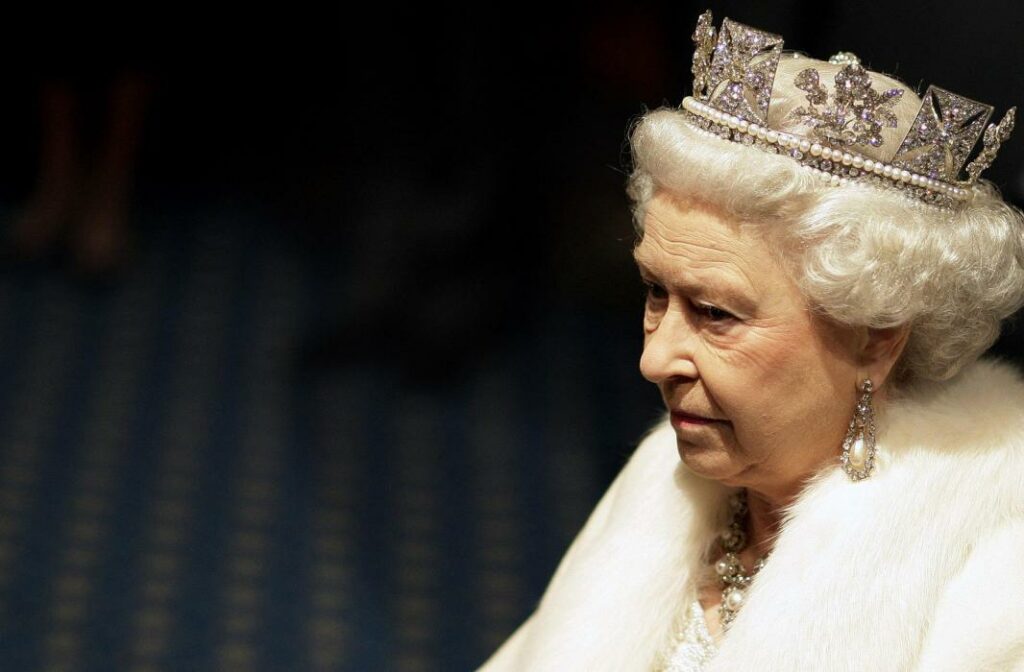When Elizabeth II died on 8 September, she was the head of state of 14 nations including Canada, Australia, Jamaica, and the Bahamas. The Commonwealth which she headed is composed of 56 countries, including India and South Africa.
Yet cracks are showing as New Zealand's Prime Minister Jacinda Ardern said on Monday that she was convinced that New Zealand will eventually become a republic and the British monarch will no longer be head of state: "I do think New Zealand is heading in that direction in the long run."
"I think it will probably happen in my lifetime but not any time soon... it's not on the agenda." Ardern instead called attention to the multitude of more pressing challenges that face her government and others around the world.
But though the time may not be right for New Zealand, Prime Minister Gaston Browne of Antigua and Barbuda announced that a referendum on becoming a republic will be held in three years. Queen Elizabeth's death has also sparked debate on the issue in Australia with Prime Minister Anthony Albanese appointing a minister to oversee the transition toward a republic.
What is the Commonwealth
The Commonwealth consists of 56 member nations, predominantly former British colonies. The British monarch (now King Charles III) is Head of State for these countries.
At least 6 countries in the Caribbean have indicated that they no longer want the British monarch as their head of state and wish to follow in the footsteps of Barbados, which became a republic in 2021.
14 countries still recognise the British monarch as their Head of State, a role that is written into their constitution. Constitutional changes often call for a referendum.
Related News
- King Charles III proclaimed new Monarch of United Kingdom
- Reactions and tributes from around the world after death of Queen Elizabeth II
36 of the 41 remaining members of the Commonwealth are republics. These include India, Pakistan, Bangladesh, and Sri Lanka. The other five – Brunei Darussalam, Lesotho, Malaysia, Eswatini (formerly Swaziland) and Tonga – have their own monarch.
Developed countries, including Canada, Australia, and New Zealand, are constitutional monarchies, meaning that King Charles III is now officially their Head of State. In Europe, Cyprus and Malta are part of the Commonwealth.
Today, the most visible institution that unites the Commonwealth is the Commonwealth Games – an international sports competition held in a member country every four years.
Future uncertainties
2.4 billion people are part of the Commonwealth – a third of the world's population. It represents the last residues of Britain's colonial past and was created by Queen Victoria to retain control of the colonies after calls for independence grew louder.
At the start of the 20th century, British colonies including Australia, New Zealand, and South Africa were still ruled by United Kingdom. Following World War I, nationalist sentiment grew to the extent that in 1926, the UK and the dominions agreed they would be on equal footing. The declaration was officiated through the Statute of Westminster in 1931, which marked the creation of the British Commonwealth.
While the Queen enjoyed immense popularity and acted as glue for the Commonwealth, it is unclear whether Charles III and Queen Consort Camilla will be so popular.
Some critics argue that the Commonwealth is outdated and should be abolished. For Conservatives, the Commonwealth could be crucial for post-Brexit 'Global Britain', although the success of this strategy is unclear.

